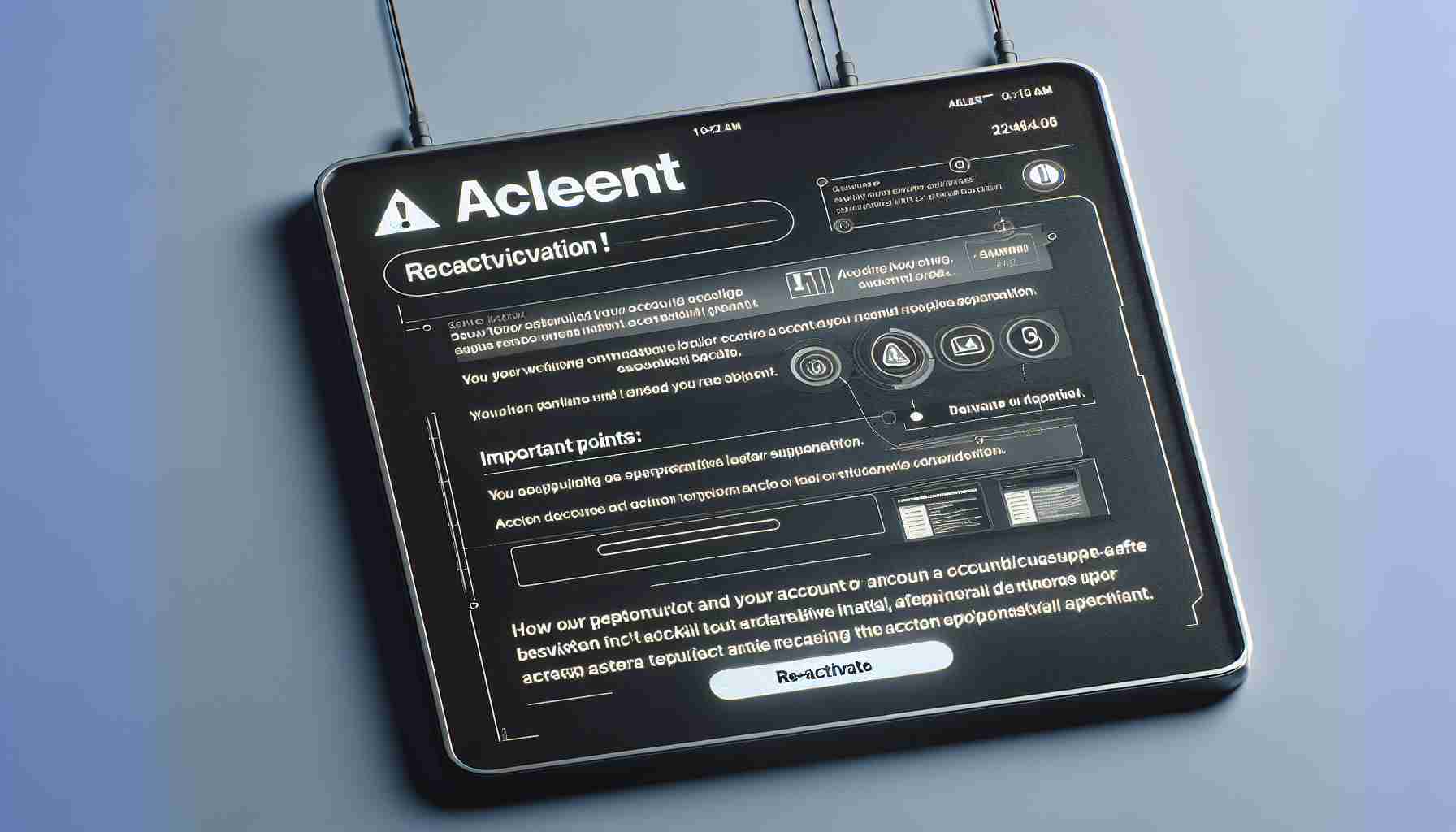The saying “imitation is the sincerest form of flattery” has been widely quoted, but does it still hold true today? Originating from the 19th century, this phrase was popularized by writer Charles Caleb Colton, emphasizing that copying someone is a genuine way of praising their qualities.
In the world of art and innovation, imitation has played a crucial role. Historically, artists like Michelangelo and Raphael learned their crafts by replicating the works of their predecessors. This practice allowed them to grasp essential techniques before developing their unique styles. Similarly, the modern tech industry sees companies harnessing and improving existing innovations, pushing boundaries while paying homage to original ideas.
However, in today’s high-paced digital era, the concept of imitation can be contentious. In industries driven by intellectual property, copying can easily lead to legal battles, often overshadowing the idea of flattery. Big brands, especially in fashion, constantly battle counterfeits that endanger their brand integrity and economic interests.
Despite these challenges, imitation continues to serve as a form of validation. When a concept or style is widely copied, it often indicates its significant impact and influence on the broader culture. Therefore, while imitation may have blurred lines in contemporary contexts, the spirit of recognizing and valuing creativity remains one of its key tenets.
In conclusion, imitation can still be considered a form of flattery, provided it respects and acknowledges the original creators. As society evolves, so too does the interpretation of this centuries-old adage.
Is Imitation in the Digital Age a Compliment or a Curse?
The age-old adage of imitation as flattery is being reexamined in our rapidly evolving digital landscape. In the contemporary world, the implications of imitation extend far beyond recognition, affecting personal livelihoods, economic sectors, and even international relations.
How does imitation impact global communities? In the fashion industry, brands from major fashion capitals face an uphill battle against counterfeit products, which not only affect brand reputation but also local economies dependent on fashion tourism. When a global brand’s designs are imitated cheaply, it can lead to job losses and decreased revenue for areas heavily reliant on the fashion sector.
Moreover, in technology, countries lagging in innovation may resort to imitation to bridge gaps. While this can quicken technological access and education, it often stirs tensions on international trade fronts. Countries leading in tech innovation may view this imitation as intellectual property theft, leading to disputes that impact diplomatic ties.
Is flattery worth the legal gamble? The legal landscapes are getting tougher, with increasing emphasis on protecting intellectual property. This raises the question: can imitation still be considered flattery when the stakes include potential lawsuits or economic repercussions? While original creators appreciate the recognition, many argue that there must be clearer boundaries and respect for intellectual property rights.
For those interested in exploring these issues further, esteemed resources such as World Intellectual Property Organization provide insights into the nuances of international intellectual property laws.
Ultimately, the challenge remains: balancing admiration with innovation, and flattery with fairness, as we continue to navigate this complex digital age.
The article has been updated: 2024-11-08 07:28
Here are some related links for your post:
1. Psychology Today – A leading magazine that explores human behavior, including the dynamics of imitation and social influence.
2. HuffPost – A platform that features a variety of articles discussing cultural phenomena, including the impact of imitation in society.
3. Forbes – Offers insights on business trends and the implications of imitation in branding and marketing strategies.
4. TED – A collection of talks explore the deeper meanings and implications of imitation in creativity and innovation.
5. The Atlantic – Publishes essays and articles analyzing cultural trends, including the significance of imitation in art and society.
6. National Institutes of Health (NIH) – Research articles available that delve into the psychology behind imitation and its effects on learning and development.
7. BBC – Provides news and features that explore societal attitudes towards imitation across different cultures and contexts.
The article has been updated: 2024-11-08 21:28
Is imitation truly the best form of flattery, or can it have negative implications?
Imitation is often seen as a compliment because it suggests that someone admires or respects the original creator enough to want to replicate their work or style. However, while imitation can reflect admiration, it can also lead to negative implications such as a lack of originality and the potential for copyright infringement. In many cases, the original creator may feel undermined or disrespected if their work is copied without proper acknowledgment. Therefore, while imitation can be flattering in some contexts, it is important to recognize the potential consequences and to approach it with sensitivity to the original creator’s contributions.






















